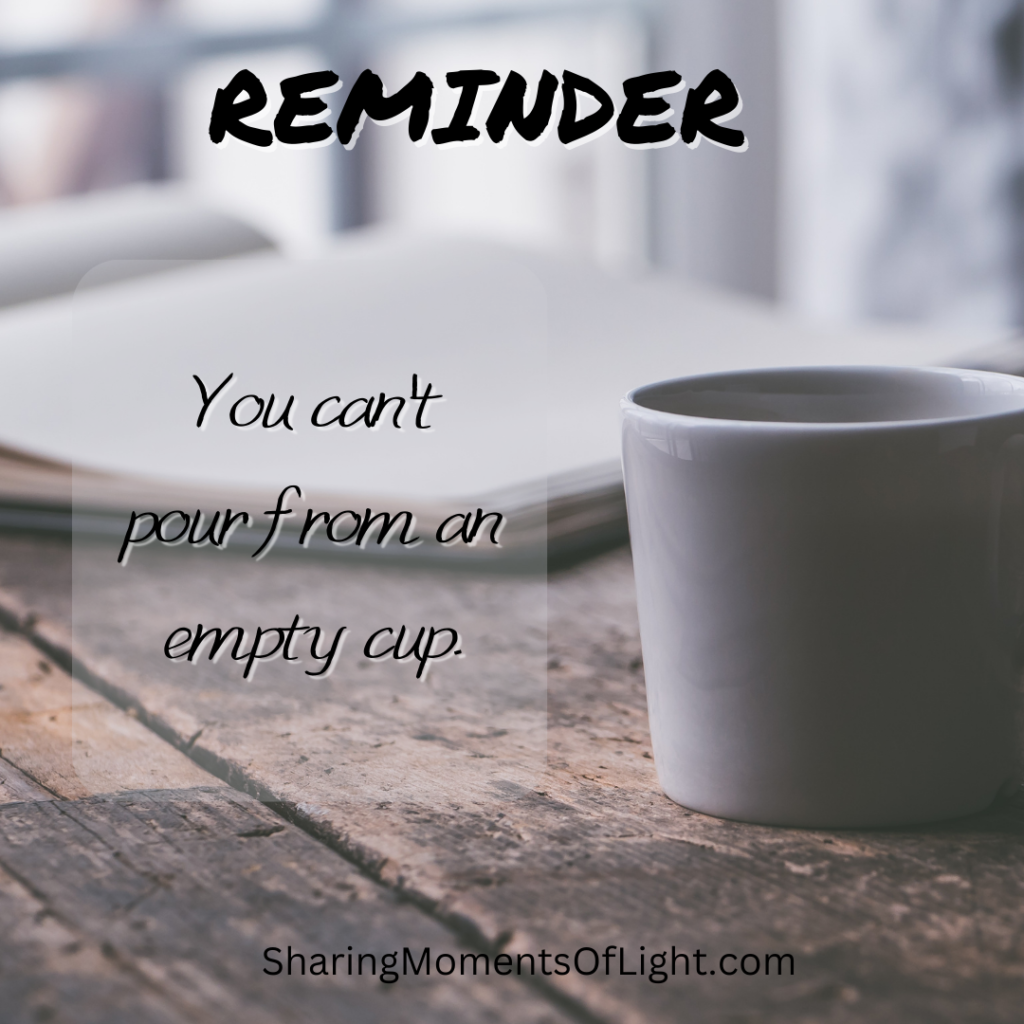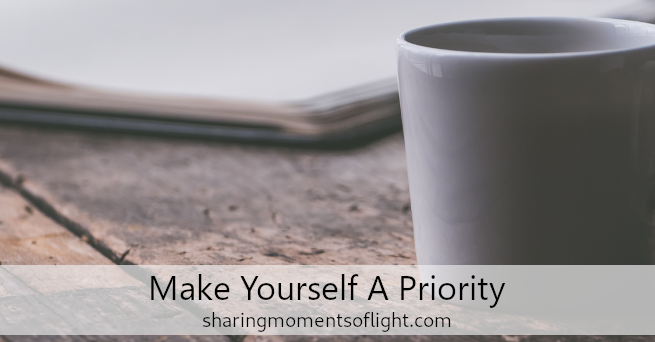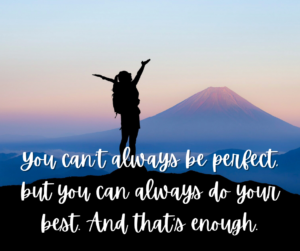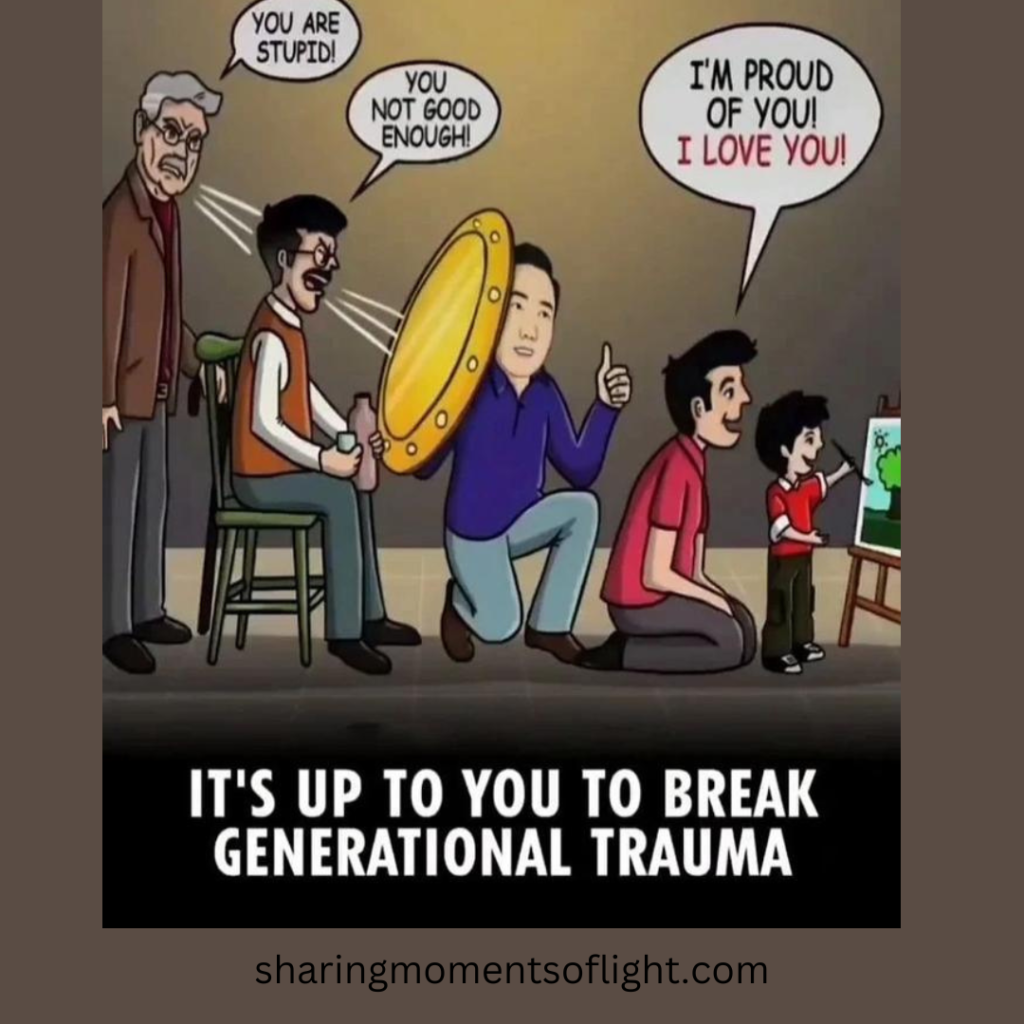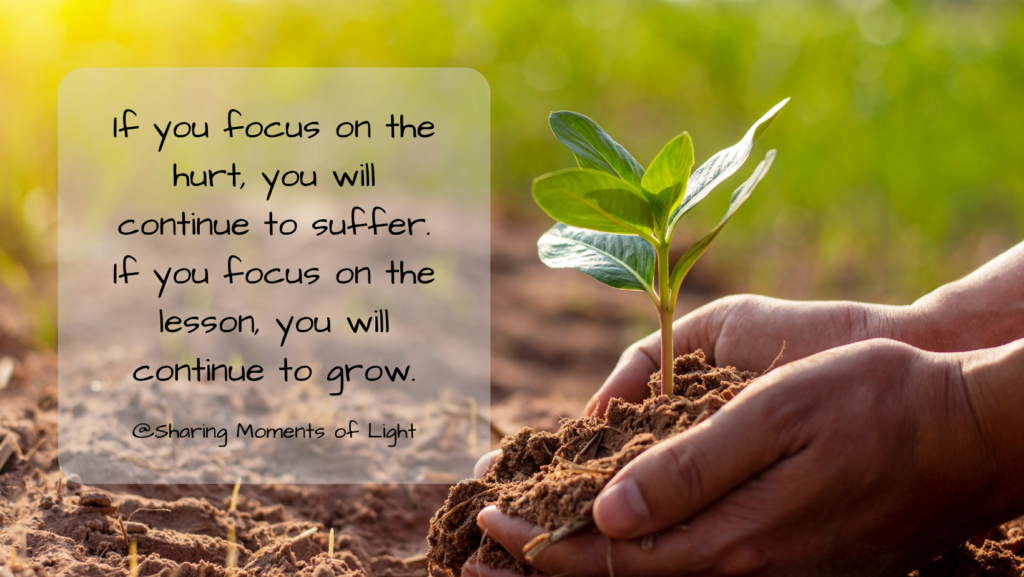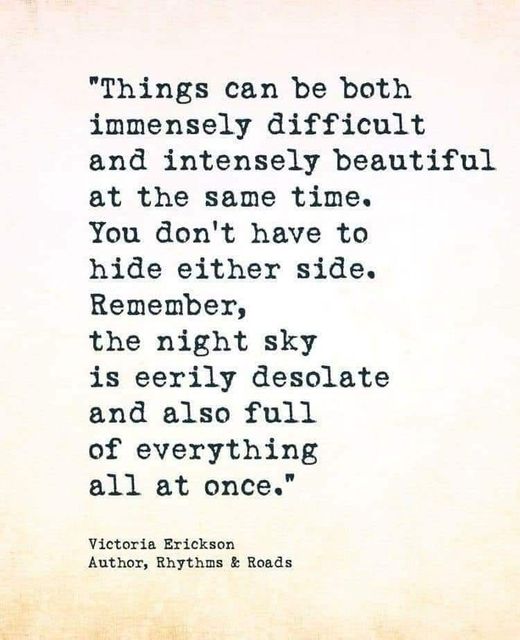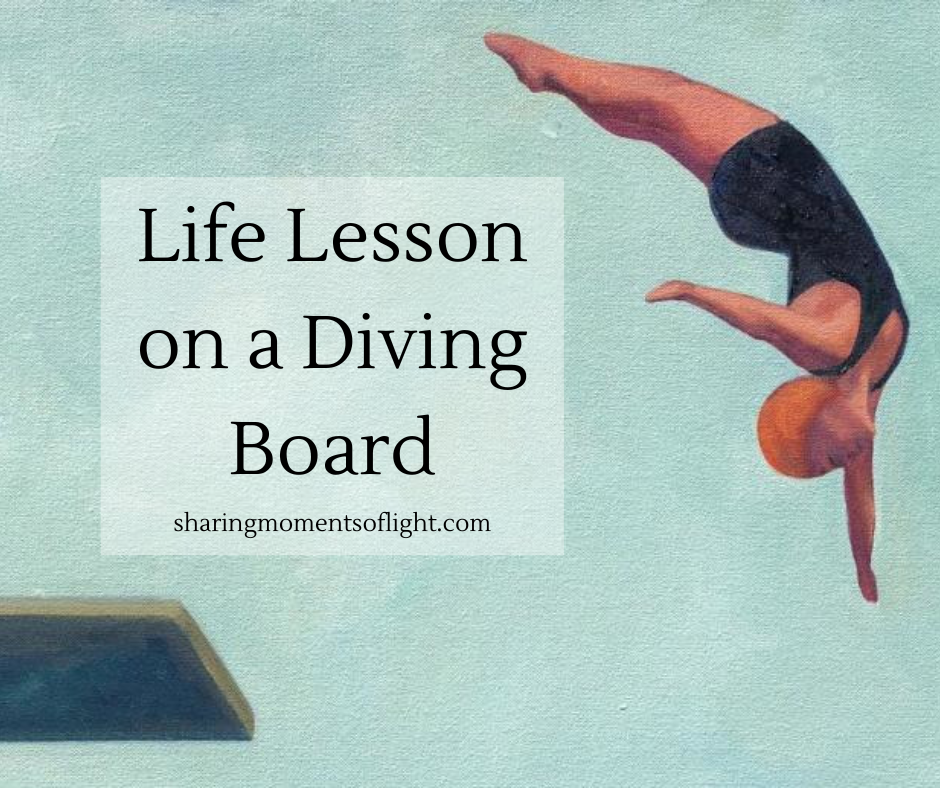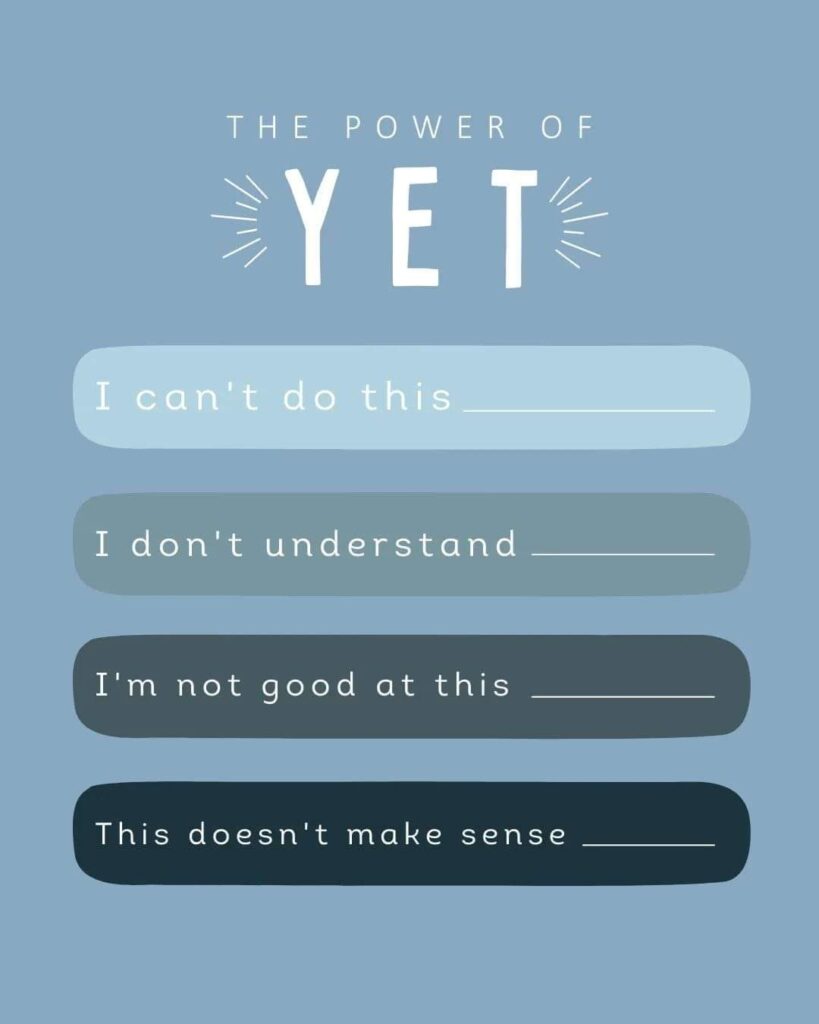I used to think that being selfless meant that everyone else came before me; that I needed to take care of everyone else before taking care of myself. I was always taking care of everyone else. I rarely took the time to care for myself in the true meaning of the word. Essentially, I came last. That is not what being truly selfless is. To be selfless is more than putting others needs before your own; it includes taking care of yourself too. After all, you are the most important person in your life.
When I was young and single, sure, I took care in my appearance. I bought myself clothes and shoes that I liked when I needed them, or when I found a great sale. Then, when I became a wife and mother, things changed. Kids grow fast, especially in those first few years. My kids were always needing new clothes. Whenever my husband would start a new job it felt like the dress-code was different, therefore he was always needing new clothes as well. The money wasn’t there and everyone else needed clothes more than I did. This is just one of the examples of how I fell to the bottom of the proverbial totem pole.
Not long after my youngest child was born, I knew something had to change. I started to see myself turning into my mom. Now, I loved my mom. I know she went through things in her life that led her to not make herself a priority though and I didn’t want to end up the same way. I tried to keep up the façade of “I’m okay” but inside I was falling apart. I was trying to keep life stable for my kids and husband while I was deteriorating. I love and always have loved my children. So why was I getting so angry with them? At this point I made the conscious effort to start one small way of taking care of myself. I told my husband that I needed new clothes. He was very supportive and encouraging; but, to me, new clothes meant spending money. I was used to living in money scarcity rather than abundance. I had to push past the scarcity mindset.
For most of my childhood, my mom would take me and my siblings to thrift stores for our clothes. As I got older it was harder and harder for me to feel good in these used clothes. I had a hard time finding anything I liked so I’d just pick anything and only end up wearing a fraction of what my mom bought. At this time, I decided that I didn’t care how much I spent. Yes, I like to find a bargain. I almost never buy anything if it’s not on sale. However, I really wanted to start liking the way I looked in my outfits. I made the decision to purchase one or two new outfits (a dress, jeans and a nice top, etc.) twice a year; once in the spring and once around my birthday in the fall. I slowly started feeling better and I also knew that I needed to do more for myself.
A few years ago I added another thing to my self-care: I started taking long, hot baths on the weekends, often taking a book in to read. I’d wake up and start my Saturday or Sunday off with a long, hot bath and then I’d shower before interacting with anyone. It has been wonderful to have that “me” time.
Lastly, I take the time to walk my youngest son to and from school almost every day. I know this doesn’t sound like much for self-care, but hear me out. It is self-care because it allows me to get outside in the fresh air. I get one-on-one time with him on the way to school and I get me time on the way home. Even though some days are less then optimal conditions (i.e. rain, snow, or just being downright cold) having that time to be outside is extremely helpful to my well-being.
Making myself a priority has been a challenge at times, but it has also been fulfilling. It has allowed me to be more loving toward my family. Do I still get frustrated and angry on occasion? Yes. After all, I’m only human. That being said, I am no longer resentful because I am now a priority, rather than an after-thought.
Don’t wait to make yourself a priority. The longer you wait the harder and more bitter you will become. When you are taking care of yourself, you are able to more fully care for others. Think about one small thing you can do to care for yourself and do it. You will soon start to see and feel yourself soften. And remember, you can’t pour from an empty cup.
